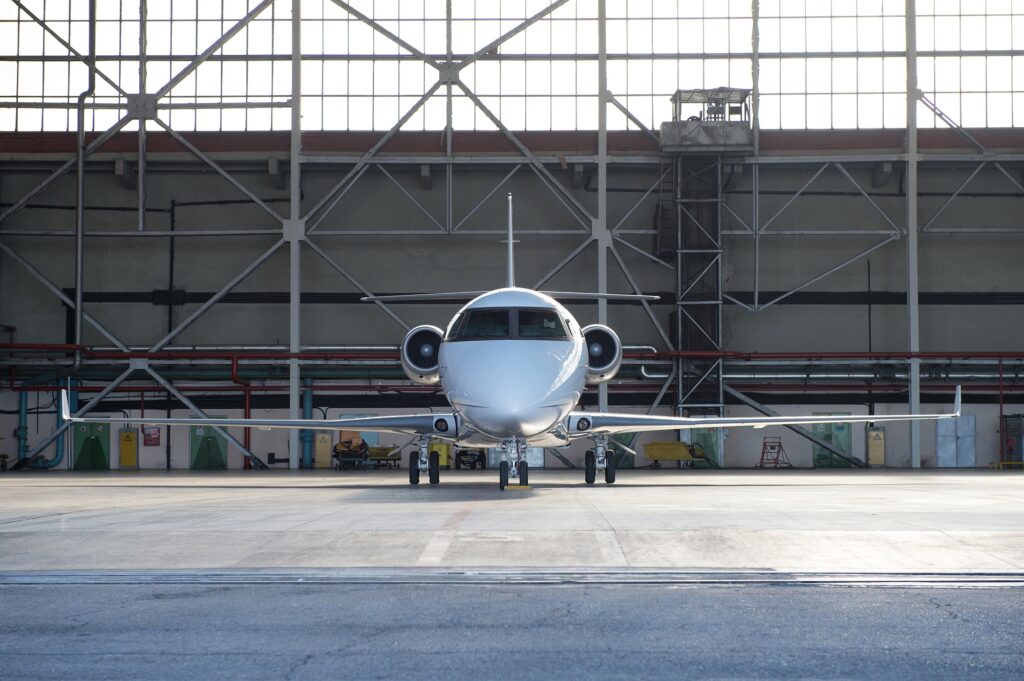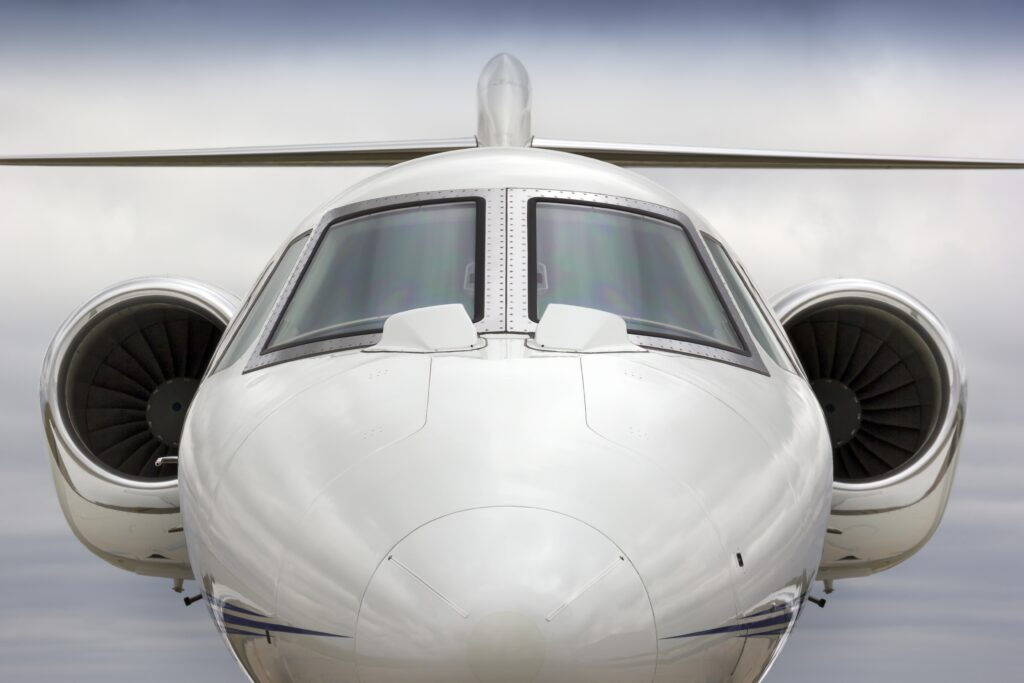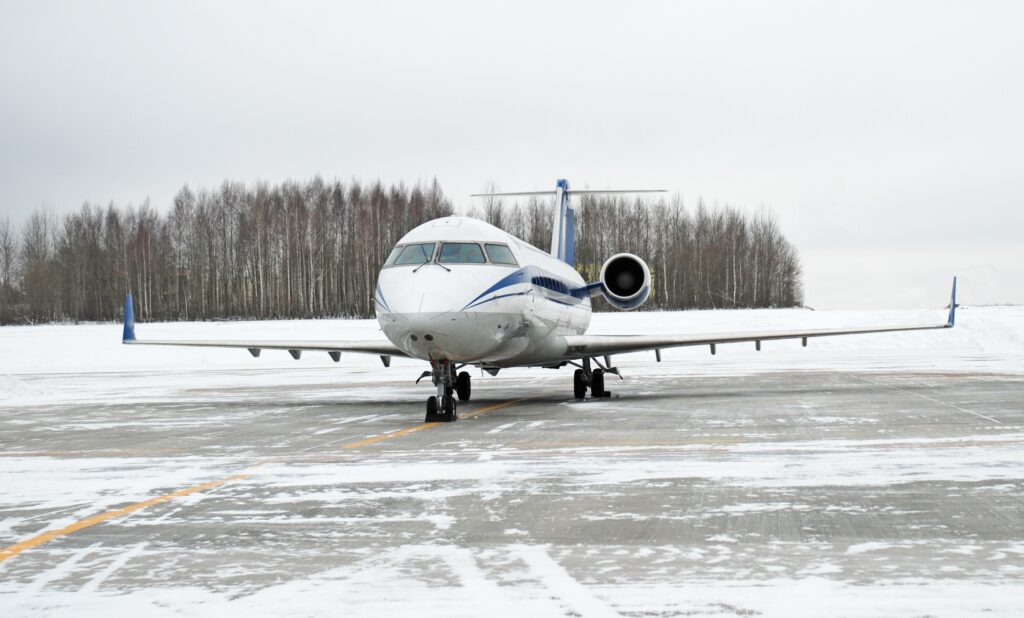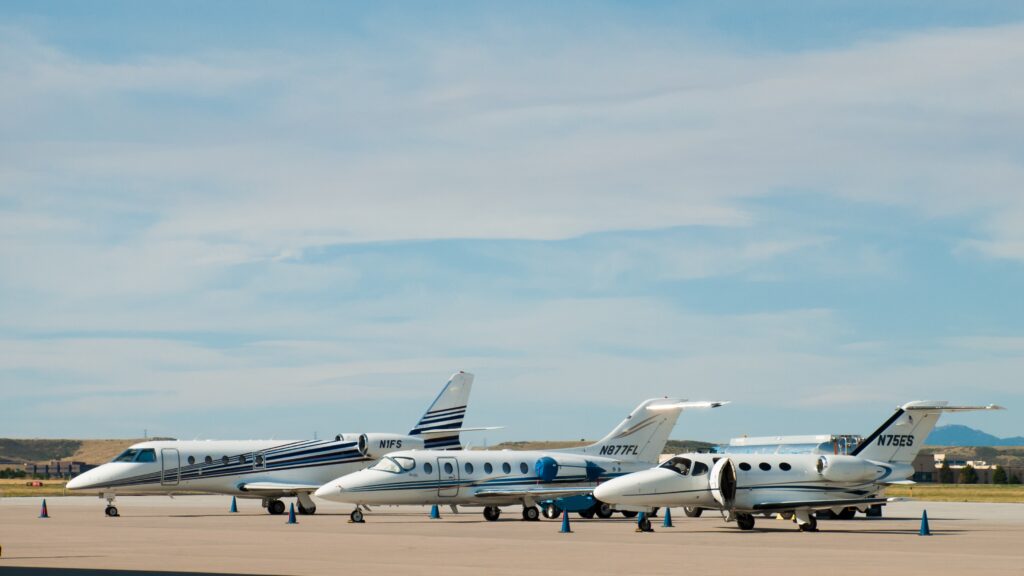The House and Senate have both voted to pass major tax reform legislation, and are expected to send the Tax Cuts and Jobs Act (“Tax Bill”) to the president for his signature before Christmas. In the spirit of the holiday season in which it was passed, we’re “making a list and checking it twice.” The legislation contains important changes for business aviation in several areas—some nice and some not—which is summed up by the National Business Aviation Association. We’ll start with the things that are mostly “nice” and go from there to the things some might find more…costly.
One thing’s for sure. Tax attorneys are going to be busy. We’d suggest buying yours a nice glass of eggnog!
100-Percent Expensing
A 2015 Act extended bonus depreciation for qualified property (including commercial and non-commercial aircraft used in a trade or business with a recovery period of 20 years or less) through 2019, with a phase-down over time from 50 percent to 30 percent.
Under the Tax Bill, however, the current law would be amended to provide for 100-percent expensing, which will allow taxpayers immediately to write off the cost of aircraft acquired and placed in service after Sept. 27, 2017 and before Jan. 1, 2023 (Jan. 1, 2024 for longer production period property and certain aircraft). Through the efforts of NBAA and a coalition of general aviation groups, the new law would permit 100 percent expensing by the taxpayer for both factory-new and pre-owned aircraft so long as it is the taxpayer’s first use of the aircraft.
For tax years after 2022, the bill provides for a phase down of bonus depreciation in increments of 20 percent each year for qualified aircraft acquired and placed in service before Jan. 1, 2027 (Jan. 1, 2028 for longer production period property and certain aircraft).
Transportation Excise Tax Does Not Apply to Owner Flights on Managed Aircraft
The Tax Bill also amends IRC § 4261 by adding a new subsection to clarify that owner flights on managed aircraft are not subject to Federal Transportation Excise Tax (FET) ticket tax, but rather are subject to the non-commercial fuel tax. This issue has been the subject of controversy for more than 60 years, and this amendment clarifies the law consistent with the understanding of most people in the industry.
The FET exception applies to payments by the aircraft owner (or lessee) for aircraft management services related to maintenance, support or flights on the aircraft. The exception does not actually require that the owner be on the flight or that the flight be on the business of the owner, but only that the owner (or lessee) pay for the aircraft management services.
The provision is effective for payments after the date of enactment, which could be as early as Dec. 22, 2017. While the provision will not be directly applicable to owner flights prior to this date, we understand that the IRS has recently been (correctly) interpreting current law to not impose FET on management fees with respect to owner flights and we would hope that this provision would reinforce that approach. See more...
Like-Kind Exchanges
Under current law, when property (including business aircraft) held for productive use in the taxpayer’s trade or business or for investment is exchanged for property that is “like-kind,” a special rule under Internal Revenue Code (IRC) § 1031 provides that no gain or loss is recognized to the extent that the replacement property is also held for productive use in a trade or business or for investment purposes.
The Tax Bill modifies this special rule only to allow for like-kind exchanges of real property. As a result, taxpayers will no longer be eligible to defer taxable gain on the sale of aircraft via a like-kind exchange, and the gain would be subject to recapture for tax purposes. This provision is effective for transfers after 2017, and is a permanent repeal of application of IRC § 1031 rules to exchanges involving aircraft and other tangible personal property.
However, a transition rule preserves like-kind exchanges of personal property if the taxpayer has either disposed of the relinquished property or acquired the replacement property on or before Dec. 31, 2017. Further, 100 percent expensing of new and used property helps to compensate for the repeal of like-kind exchanges for tangible personal property, though unlike such repeal and as noted above, 100 percent expensing is scheduled to expire in 2023/2024 with an additional phase down until 2027/2028.
Prohibition on Deduction of Employees’ Commuting Expenses
The Tax Bill prohibits employers from deducting the cost of providing transportation to employees to commute between the employee’s residence and place of employment unless provided for the safety of the employee. It is unclear whether this new provision would allow the deduction of commuting expenses included in income, and if so, whether such deduction is limited to only the actual amount of the expense included in income.
Disallowance of Travel Expenses “Directly Related” to Business
The Tax Bill makes far-reaching changes to the basic deduction disallowance rules for business entertainment which could affect many aircraft owners. Historically, the general rule of IRC § 274 disallowed all entertainment expenses (assuming no exception applied) unless directly related or associated with the active conduct of the business. Therefore, the 100 percent deduction disallowance did not apply to the entertainment of business customers, prospective clients, company retreats and other entertainment events where business was conducted immediately before, during or after the entertainment, or the entertainment was clearly associated with a business goal unrelated to providing the entertainment such as the opening of a new business location. Beginning in 2018, the Tax Bill disallows all entertainment expenditures, regardless of whether they are directly related to a business goal.
Repeal of Miscellaneous Itemized Deductions, Including Employee Business Expenses
The Tax Bill eliminates miscellaneous itemized deductions, including employee business expenses beginning in 2018 and before Jan. 1, 2026. Prior to the amendment, employees could deduct expenses incurred in performing their work, subject to the limitation that such expenses (along with other miscellaneous itemized deductions) were only deductible to the extent that the total of such expenses exceeded 2 percent of adjusted gross income.
The 2% floor was a simplification measure in the 1986 Tax Act under which very few taxpayers needed actually to calculate their miscellaneous itemized deductions. For the same reason, eliminating the deduction is expected to affect relatively few taxpayers. However, the effect on the taxpayers whose adjusted gross income is not extremely high and who are currently able to deduct their aircraft expenses as employee business expenses to the extent they exceed the 2 percent floor could be substantial. Such taxpayers may want to consider restructuring their compensation arrangements into accountable plan arrangements, which are not affected by the Tax Bill.
There’s one thing we know for sure! Tax attorneys are going to be in high demand!!
Acknowledgments
This data was taken from an article written by NBAA Tax Committee members John B. Hoover, Cooley LLP, and Ruth Wimer, Winston & Strawn LLP, with thanks to Richard C. Farley, Jr., PwC, and Jeff Wieand, Boston Jet Search.
[ulp id=’xkA7bnsbSMSAnwAm’]





